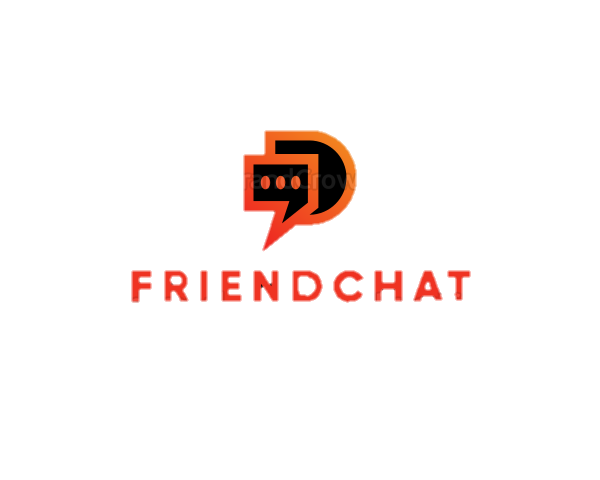Metalworking tooling solutions Meeting the Demand for High-Speed, High-Precision Production
Metalworking tooling solutions encompass a wide range of tools and technologies designed to improve the efficiency and quality of metal fabrication processes. The market for metalworking tooling solutions is expanding as industries increasingly prioritize precision and productivity. Innovations in tooling materials and designs are leading to the development of more durable and efficient tools, catering to the diverse needs of manufacturers. As the demand for high-quality metal components grows, so does the need for effective metalworking tooling solutions, positioning this segment for continued growth in the boring tools market.
The Boring Tools Market plays a crucial role in precision engineering and manufacturing, catering to industries such as automotive, aerospace, construction, and heavy machinery. Boring tools are essential for enlarging or finishing pre-drilled holes with high accuracy, ensuring optimal surface finish and dimensional precision. As industries move toward automation and digital machining, the demand for advanced boring tools has surged globally. Their applications range from small component production to large-scale industrial equipment manufacturing, making them a vital component of modern machine tooling systems.
Market Overview and Current Dynamics
Over the past decade, the Boring Tools Market has evolved significantly due to technological advancements in CNC and automated machining systems. The adoption of multi-functional and modular boring tools has improved machining efficiency, reduced setup time, and enhanced product consistency. The market is witnessing growing interest in tools made from high-performance materials like carbide, cermet, and polycrystalline diamond (PCD), which offer superior wear resistance and longer tool life. Increasing investments in manufacturing infrastructure across developing economies are also fueling market expansion.
Market Drivers and Growth Factors
Key factors driving the growth of the Boring Tools Market include rapid industrialization, the rise of electric vehicles, and the need for high-precision components in aerospace and defense sectors. The evolution of Industry 4.0 technologies—such as smart sensors, automated feedback systems, and AI-based machining controls—has revolutionized the production environment, improving tool performance and reducing downtime. Additionally, the surge in renewable energy projects and infrastructure development activities has increased the demand for boring tools in heavy machinery applications.
Technological Advancements and Innovations
Technological progress in tool design, coatings, and materials has been a game-changer for the industry. Advanced coatings like TiAlN and diamond-like carbon (DLC) enhance tool durability and reduce heat generation during operation. CNC-compatible boring tools with real-time performance monitoring capabilities are becoming more prevalent. Moreover, digital twin and simulation technologies are helping manufacturers design more efficient tools tailored for specific applications. The integration of automated tool changers in machining centers further streamlines operations, minimizing human intervention and maximizing productivity.
Challenges and Future Prospects
The primary challenges facing the Boring Tools Market include high production costs, tool wear issues, and fluctuating raw material prices. However, with continuous R&D efforts and the introduction of hybrid tools capable of performing multiple functions, these challenges are gradually being addressed. The market is expected to witness substantial growth in Asia-Pacific, driven by expanding automotive and industrial manufacturing sectors in China and India. Moreover, the increasing adoption of smart manufacturing will continue to reshape the industry’s future.
Conclusion
The Boring Tools Market stands at the forefront of industrial innovation, supported by automation, material science advancements, and precision engineering. As industries evolve toward digital manufacturing, boring tools will remain indispensable for achieving superior machining accuracy and productivity.
FAQs
Q1: What are boring tools used for?
A1: They are used to enlarge and finish pre-drilled holes with high precision.
Q2: Which industries rely heavily on boring tools?
A2: Automotive, aerospace, construction, and machinery manufacturing sectors.
Q3: What materials are commonly used to make boring tools?
A3: Carbide, high-speed steel, and polycrystalline diamond (PCD).
More Related Reports:
- Art
- Causes
- Crafts
- Dance
- Drinks
- Film
- Fitness
- Food
- Spiele
- Gardening
- Health
- Startseite
- Literature
- Music
- Networking
- Andere
- Party
- Religion
- Shopping
- Sports
- Theater
- Wellness



